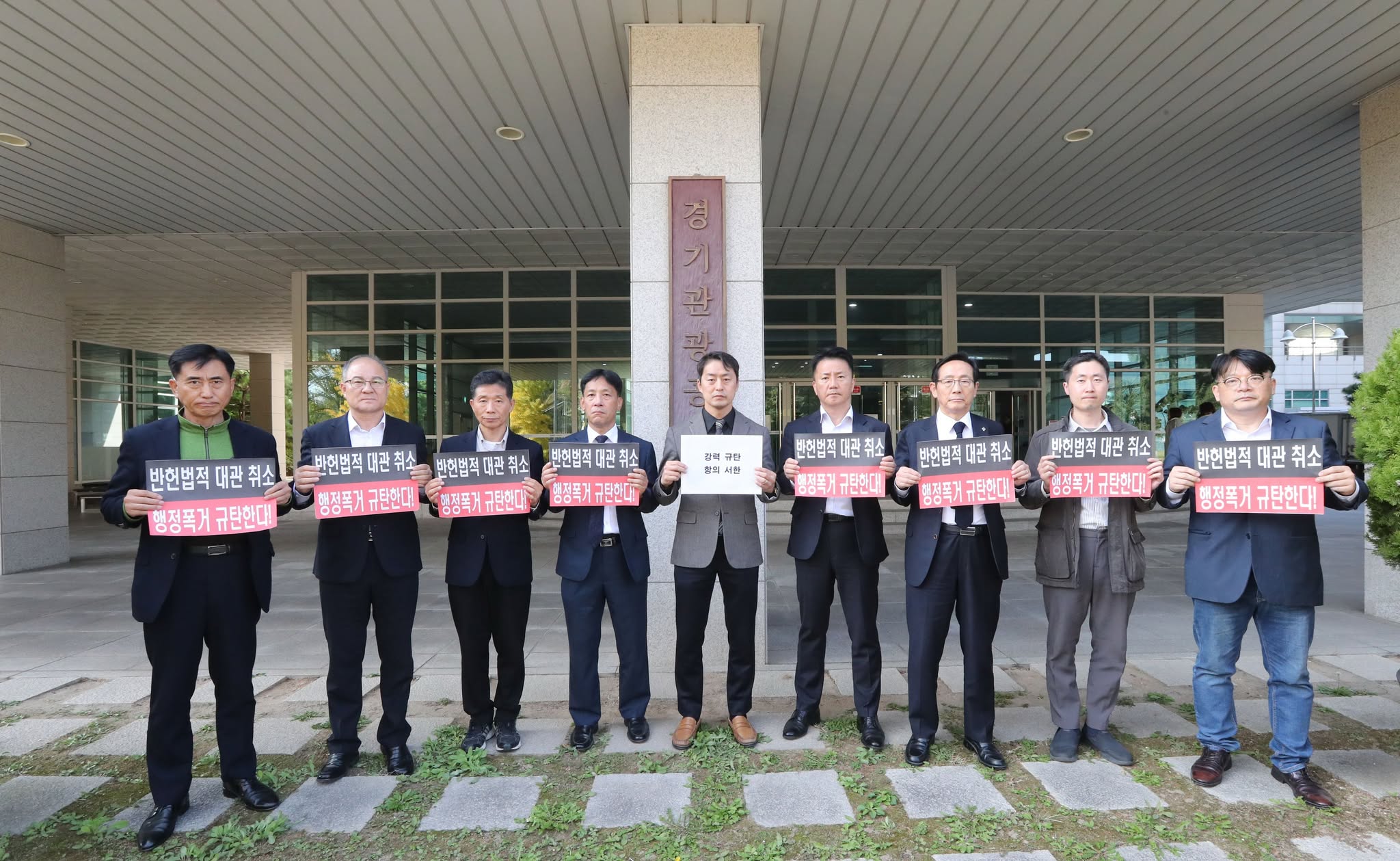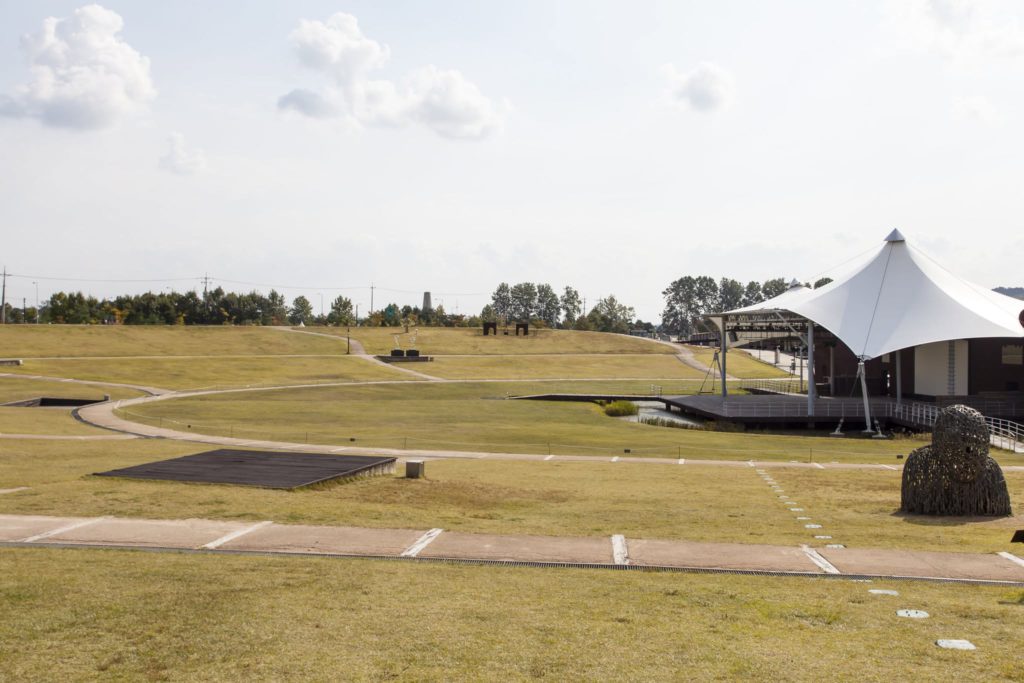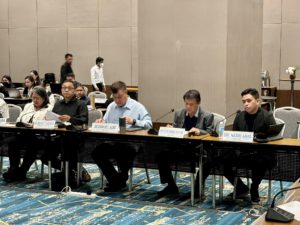
Religious Leaders in South Korea Demand Upholding of Religious Freedom and Human Rights

COTABATO CITY (November 4, 2024) — A recent cancellation of a significant international religious event in South Korea has sparked widespread controversy and raised serious concerns regarding religious freedom and human rights within the country. The incident, which was reported to BMN/BangsamoroToday, involves the abrupt halt of the “Religious Leaders Forum and Graduation Ceremony,” a joint initiative set to bring together over 30,000 participants from 78 countries, including 1,000 religious leaders from diverse faiths such as Christianity, Buddhism, Islam, and Hinduism.
On October 29, the Gyeonggi Tourism Organization, a public entity operating under Gyeonggi Province, canceled the venue rental for the event without prior notice, leading to substantial financial losses for the organizers. The hosting organizations, namely the Association for Buddhist National Unification of Korea and the Shincheonji Church of Jesus, expressed that this cancellation was not only unexpected but also emblematic of discriminatory practices against a particular religious group. They argue that this action violates constitutional guarantees of religious freedom, human rights, and due process.
The organizers had received confirmations on October 23 and 28 that the event would proceed as planned, making the sudden cancellation particularly contentious. They contend that the decision was influenced by opposition from a specific religious group and highlights a troubling disregard for the principle of separation of church and state enshrined in the South Korean Constitution.
In defense of their decision, the Gyeonggi Tourism Organization cited security concerns linked to recent provocations from North Korea and activities planned by a North Korean defector group. However, critics pointed out that other events, including civilian bicycle rides and visits to the Demilitarized Zone (DMZ) by foreign tourists, were allowed to take place in the same area, suggesting a possible bias in the handling of the religious event.
The cancellation has reignited international scrutiny over the state of religious freedom in South Korea, a topic previously highlighted in the U.S. State Department’s International Religious Freedom Report, which noted instances of prosecution against the Shincheonji Church of Jesus and the government’s obstruction of mosque construction.
In light of these developments, the Association for Buddhist National Unification of Korea and the Shincheonji Church of Jesus are calling on the South Korean government to uphold religious freedom and human rights, urging for a review and rectification of this decision. They are also appealing to international organizations to monitor the situation and advocate for the protection of religious liberties in South Korea.
This incident serves as a reminder of the ongoing challenges faced by religious groups in South Korea, highlighting the delicate balance between national security and the protection of fundamental rights and freedoms. (Tu Alid Alfonso, BMN/BangsamoroToday)

